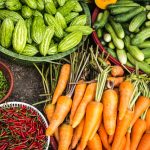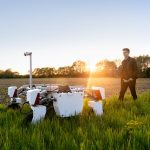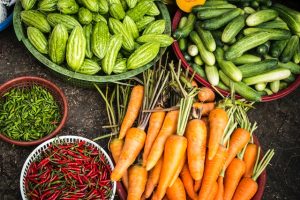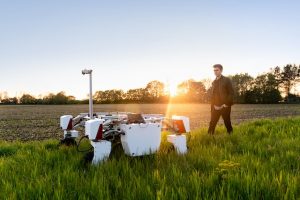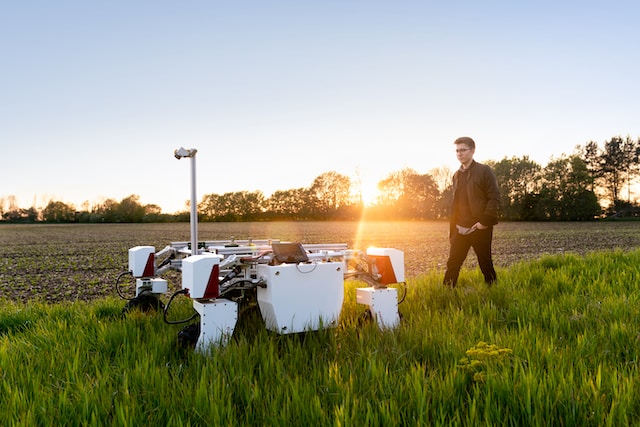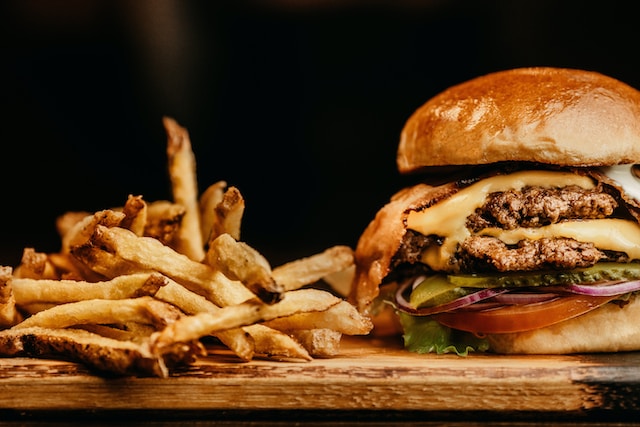Food science is an intricate blend of chemistry, biology, and engineering that has revolutionized the way we produce, preserve, and consume food. In today’s fast-paced world, where culinary traditions meet cutting-edge technology, food science plays a pivotal role in ensuring food safety, sustainability, and innovation. This article delves into the multifaceted world of food science and how it continues to shape our lives.
The Art of Preservation
One of the primary goals of food science is to extend the shelf life of food products while maintaining their quality and safety. Through processes like canning, freezing, and dehydration, scientists have enabled us to enjoy seasonal delights year-round. Preservation methods like pasteurization and sterilization eliminate harmful microorganisms, ensuring our food is safe to eat.
Innovative Culinary Techniques
Food science has given rise to innovative culinary techniques that have transformed our dining experiences. Molecular gastronomy, for instance, explores the physical and chemical transformations that occur during cooking. This has led to the creation of foams, gels, and spherification, allowing chefs to craft avant-garde dishes that tantalize the palate.

Nutritional Advancements
Understanding the nutritional composition of food is essential for maintaining a healthy lifestyle. Food scientists meticulously analyze the vitamins, minerals, and macronutrients present in various foods. This knowledge enables us to make informed dietary choices and combat malnutrition. Moreover, it has paved the way for functional foods designed to promote well-being.
The Quest for Sustainability
In a world grappling with environmental concerns, food science is at the forefront of sustainable solutions. Scientists are developing alternative protein sources like plant-based and lab-grown meat to reduce the strain on livestock farming. Additionally, food packaging innovations are reducing waste and the carbon footprint of food production.
Food Safety and Quality Assurance
Ensuring the safety and quality of the food we consume is paramount. Food scientists work tirelessly to detect and prevent foodborne illnesses through rigorous testing and quality control measures. This ensures that the products on our grocery shelves are free from contaminants and adhere to strict regulatory standards bet and win on majesticslotsclub.net.
The Chemistry of Flavor
The science of flavor chemistry is a fascinating aspect of food science. Scientists study the volatile compounds responsible for taste and aroma, allowing them to create artificial flavors that mimic the real thing. This knowledge is crucial in the food and beverage industry, where flavor is a defining characteristic.
Food Engineering
Food engineers apply their knowledge to design efficient food production processes and equipment. This includes everything from optimizing food packaging to developing automated production lines. These innovations help meet the demands of a growing global population while minimizing waste and resource consumption.
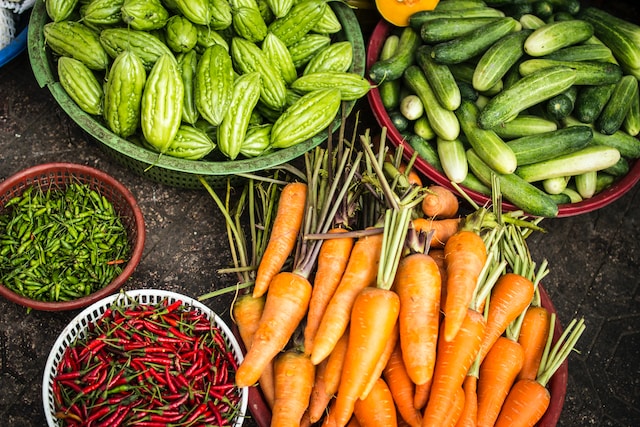
Future Frontiers
The field of food science continues to evolve, driven by a growing need for sustainable, nutritious, and convenient food options. Researchers are exploring advanced technologies like 3D food printing, personalized nutrition, and precision agriculture. These developments promise to redefine the way we produce and consume food in the coming years.
Conclusion
Food science is an ever-expanding field that touches every aspect of our lives. It ensures that we have access to safe, nutritious, and delicious food while addressing pressing global challenges such as sustainability and food security. As food science continues to push boundaries and unlock new possibilities, it remains a vital force in shaping the way we eat, live, and thrive in the present and the future. Embracing its innovations and discoveries, we can look forward to a world where food is not only sustenance but also an art and a science.


